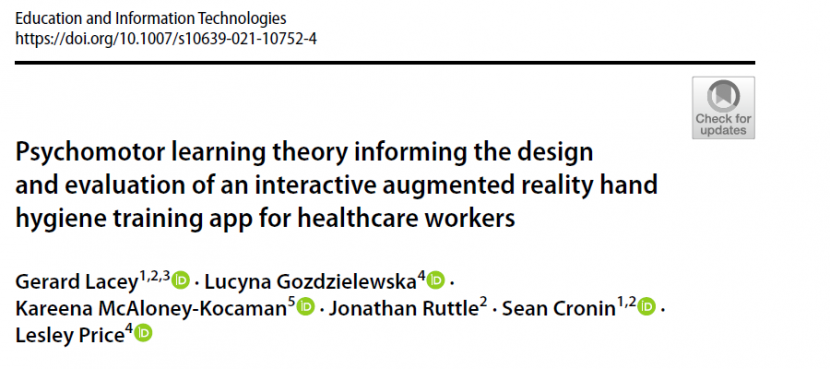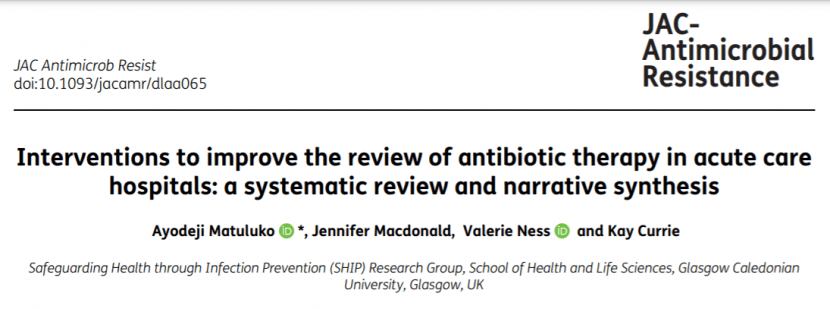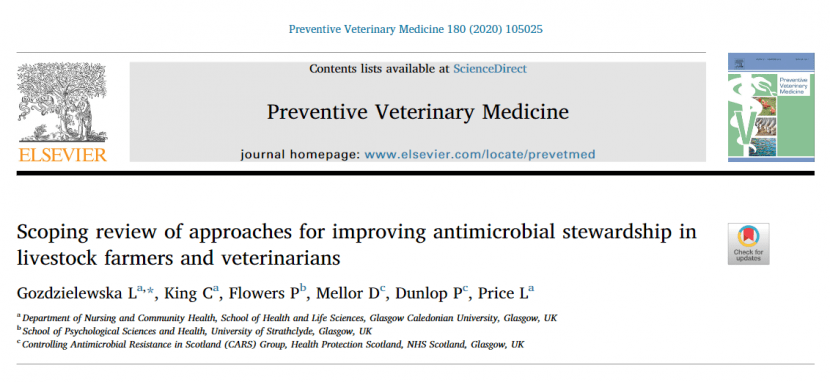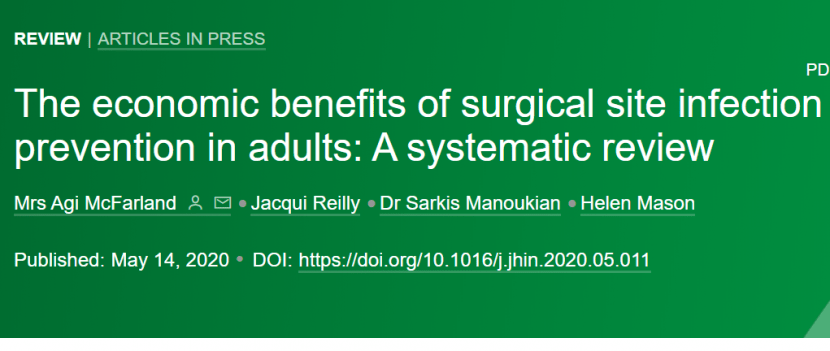Hand Hygiene Study in Cameroon
Implementation of alcohol-based handrub at the point of care helps to improve hand hygiene compliance in a hospital in Cameroon. By Dr Lucyna Gozdzielewska and Nkwan Jacob Gobte Hand hygiene is one of the most important Infection Prevention and Control measures for preventing healthcare-associated infections, yet, hand hygiene compliance remains low in…




